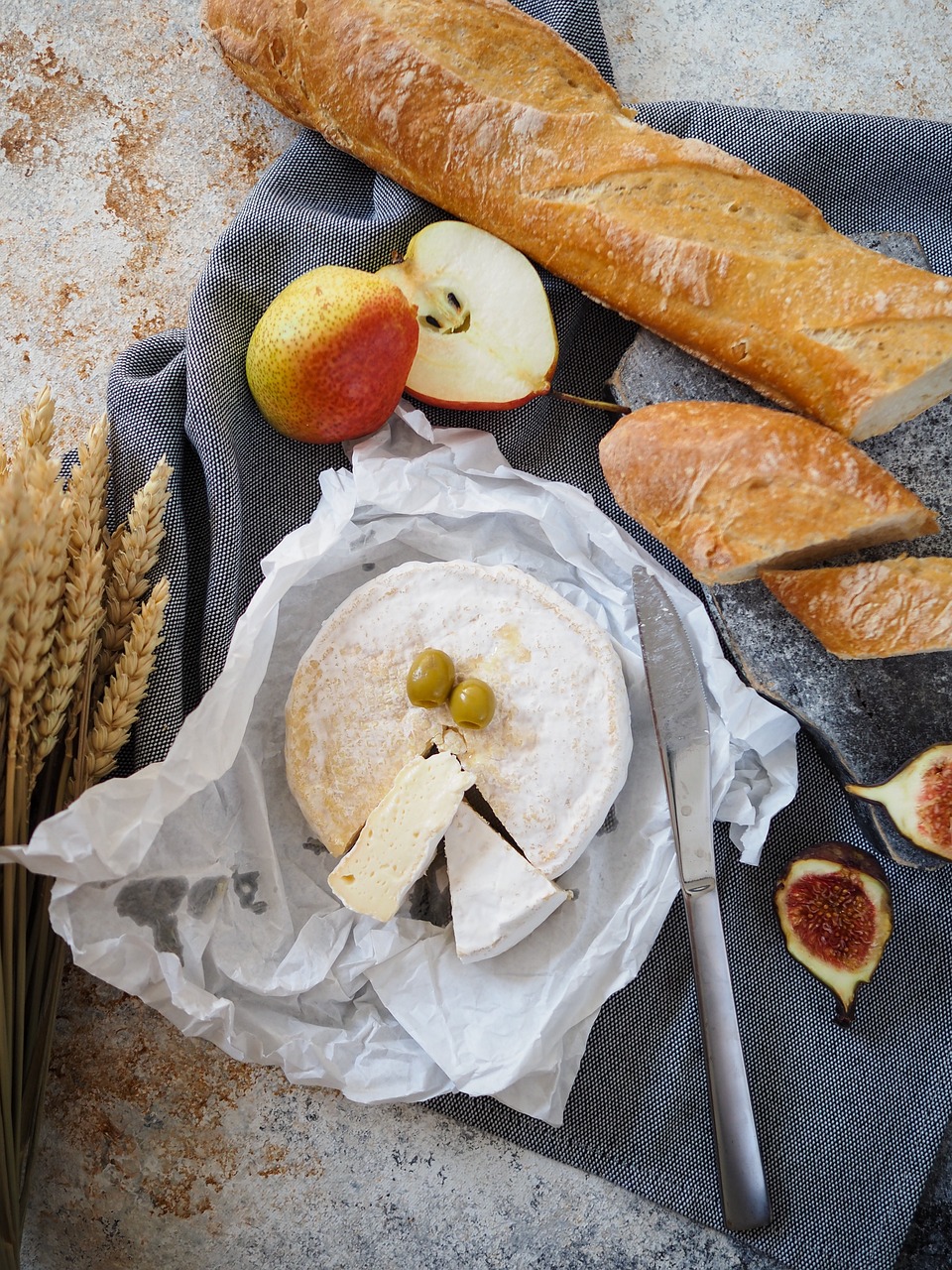Cheese is a beloved fermented food known for its diverse nutrients and rich flavors. Rich in calcium, protein, and probiotics, cheese offers numerous health benefits. Especially when paired with certain foods, cheese can be even more beneficial. This article introduces three foods that pair well with cheese.

1. The Amazing Benefits of Cheese
Calcium Supply
Since cheese is made by fermenting milk, it is rich in calcium. Calcium is essential for bone and dental health. Opting for low-fat or low-sodium cheese allows for healthy calcium supplementation even during a diet.
Protein Source
Cheese has a high protein content, providing the essential nutrients needed for the growth and maintenance of our bodies. It is especially recommended for growing children, the elderly, and pregnant women due to its high essential amino acid content.
Probiotics Provider
As a fermented food, cheese contains probiotics. Probiotics help promote gut health and boost the immune system. They increase beneficial bacteria in the gut while suppressing harmful bacteria.
2. Foods that Pair Well with Cheese
Fermented Bread
Fermented bread is made from dough that has been fermented using yeast. When eaten with cheese, the enzymes in fermented bread aid in the digestion of cheese. Baguette, campagne, ciabatta, and whole wheat bread are typical examples. The unique sourness and flavor of fermented bread help with the absorption of cheese’s nutrients.
Oranges
Though the combination of oranges and cheese might seem unusual, it is nutritionally complementary. Oranges are rich in vitamin C, which aids in the absorption of iron contained in cheese. Other vitamin C-rich fruits like grapefruit, strawberries, kiwi, and lemons also make good pairings.
Nuts
Nuts are rich in minerals such as amino acids, zinc, magnesium, and phosphorus. Eating them with cheese can enhance mineral intake. Almonds boost the protein and calcium supply of cheese, while walnuts enhance the benefits of amino acids and magnesium. Nuts can be added to cheese and drizzled with syrup or honey for a delightful snack or dessert.
3. Caution When Consuming Cheese
Cheese is high in fat and calories, which can pose health risks if consumed excessively. It can lead to dyslipidemia or heart disease, so moderation is key. For those with lactose intolerance, choosing low-fat or lactose-free cheese is advisable, and it’s best to avoid soft cheeses like mozzarella or ricotta.
Enjoy a healthy and delicious diet with foods that pair well with cheese. With these three combinations, you can make your meals more enjoyable and nutritious.
